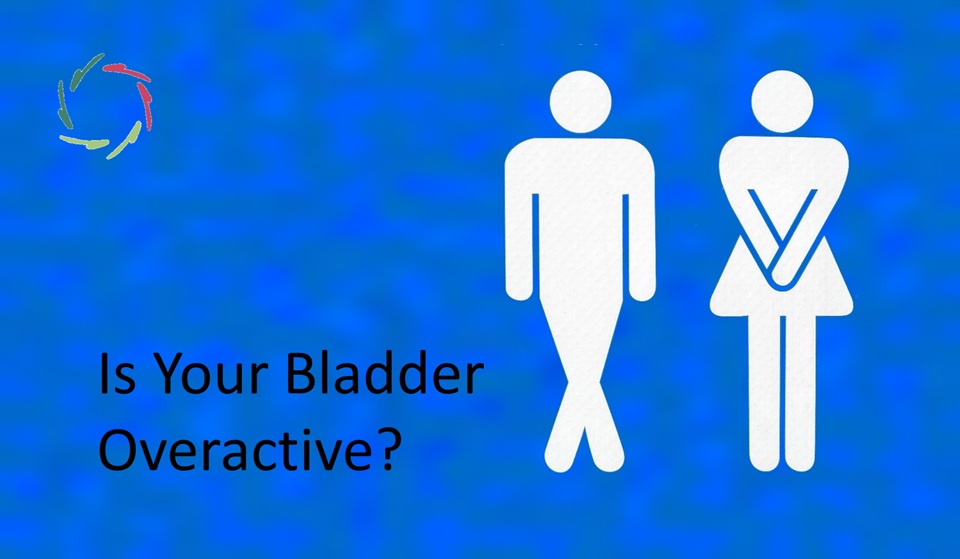A Tale of Placebo: Arthritis of the Knee

Generally, people do not easily relate placebo to surgery. Think again.
Bruce Moseley is an American orthopedic surgeon with a peculiar story to tell.
In the early 1990s, he was widely regarded as an expert on knee arthroscopy. Receiving excellent feedback from many patients, he wanted to know how effective these operations were. This is no easy matter in surgery. The ‘Gold standard’ of clinical trials is the double-blind study, in which the outcomes of two groups are compared. The subjects of one group receive therapy – those of the other group, not. Subjects do not know before nor after the procedure to which group they belong. In surgery, of course, this means one has to incise the skin of a number of people without doing anything else. Not so ethical…
Moreover, Moseley himself was no believer in the power of mind over body. He just wanted to know.
In this case, it was deemed ethical in view of the stakes. So a first study was conducted during the summer of 1994. Ten people with osteoarthritis in the knee were operated on. Two received the standard procedure: scraping and rinsing of the knee joint. Three received the rinsing alone. Five were incised as the others and received nothing more. The study revealed no clinical difference between the outcomes of these groups.
An expanded version of the study was then conducted with 180 patients, again in 3 groups, each of 60 patients. And again, there was, in the words of Moseley himself:
“no superiority of the arthroscopic treatments over the placebo procedure in relieving pain or improving function.”
This means that the complete effectiveness of the operations had been due to placebo… But wait a minute: in those days, more than 650.000 of such operations were performed in the US, at a cost of $5000 each, every year.
Indeed: billions of dollars!
Not to speak of the human cost.
Meanwhile, we are left with yet another intriguing question:
What is the placebo effect of other surgical procedures?
Some widely respected ones have shown to be quite placebogenic. Most… have not been investigated. And they never will. Yet the ethics go in two directions: that of the clinical study itself, and that of what such study may reveal. At present, probably huge costs in money and suffering are involved in surgical procedures that are far less effective than we think.
Or… Should we take advantage of the placebo and make a lot of skin incisions while telling patients that they are receiving effective surgery?
I am kidding. My answer is: absolutely not!
But we should try harder to understand placebo and to make use of it in open ways.
No need for incisions then or other negative effects. Instead: an immensely powerful mega-psychotherapy!


